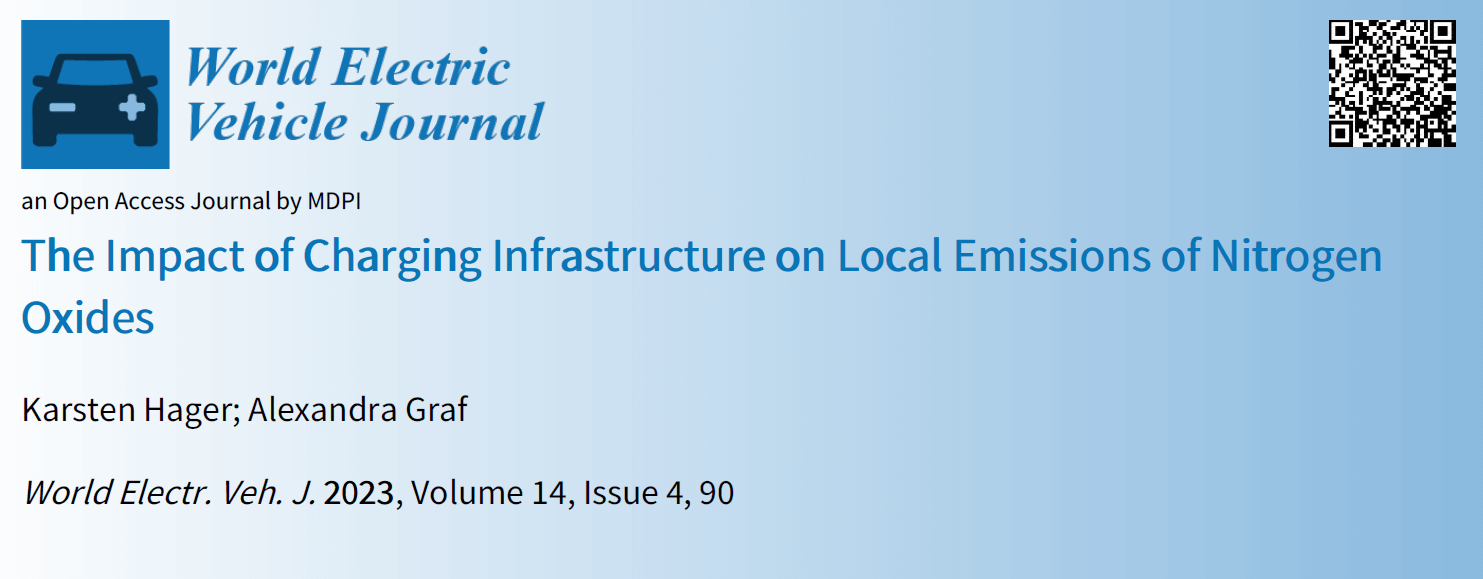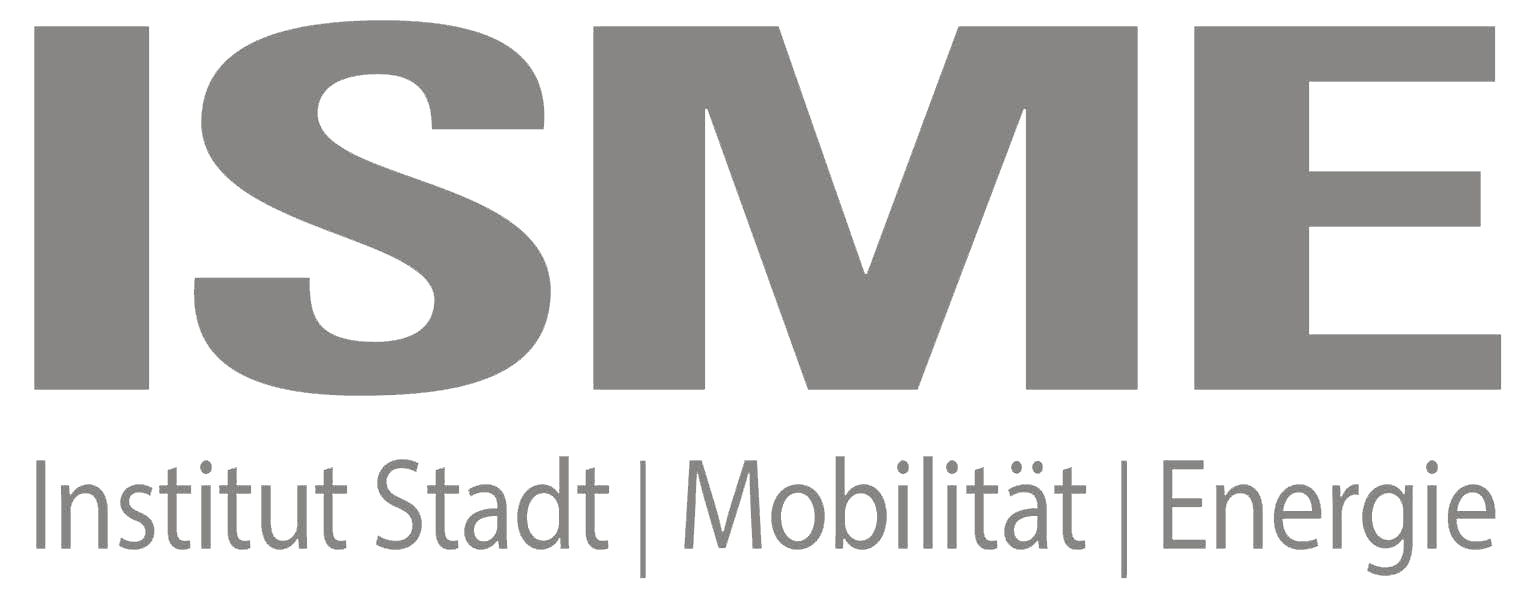LINOx BW: Veröffentlichung Forschungsergebnisse (peer-reviewed)
Im Rahmen des Special Issues des World Electric Vehicle Journal zur EVS 35 Oslo wurden die Forschungsergebnisse von LINOx BW zur Ableitung von potenziellen Einsparungen von Stickoxiden auf englisch in einem Peer-Review-Verfahren nun veröffentlicht. Das Paper ist auf der Seite des WEVJ zu finden.
Abstract des Artikels:
Benefits from EV (Electric vehicles) and e-mobility include the reduction of local emissions
of pollutants from particulate matter (PM0.5, PM5, and PM10) and nitrogen oxides (NOx and NO2). Cities and urban agglomerations benefit the most from potential emission reductions from EVs due to the large number of cars utilized in most urban traffic systems. This abstract presents results from a corporate research and funding project in Baden-Wuerttemberg, Germany (LINOx BW) which facilitates the installation of 2358 charging points within 178 different sub-projects in 23 different cities, spanning a period of four years. Utilizing several different survey waves, data about outgoing currents from these publicly funded charging points are gathered. Converting this data utilizing car
classifications and emission classes (HBEFA), the reduction of local nitrogen oxides is derived.

Projektzeitraum
Das Projekt LINOx BW läuft noch bis zum 31.12.2023 und hat bereits jetzt über 2.300 Ladepunkte in ganz Baden-Württemberg gefördert. Derzeit wird die Abschlussbefragung der beiden Forschungspartner ISME und ZSW vorbereitet. Mehr Informationen finden Sie auf unserer Projekthomepage
